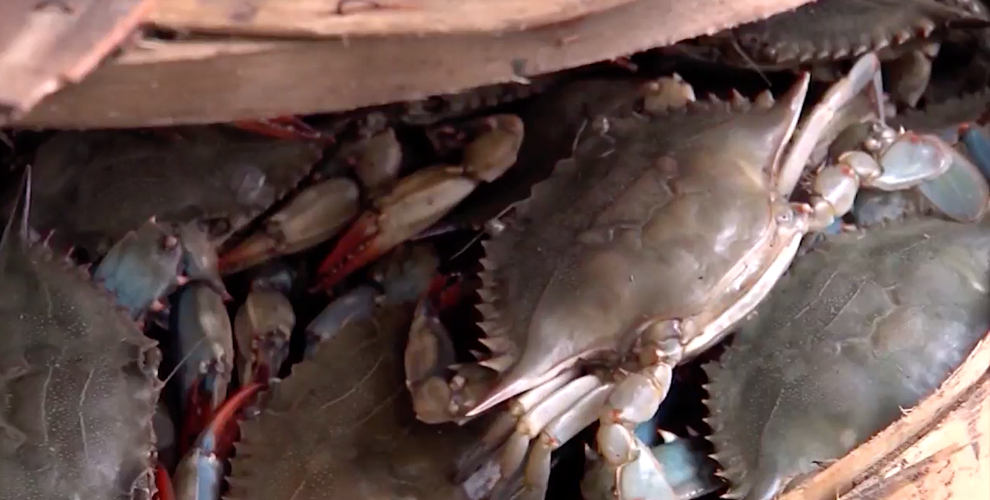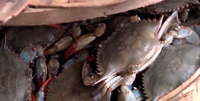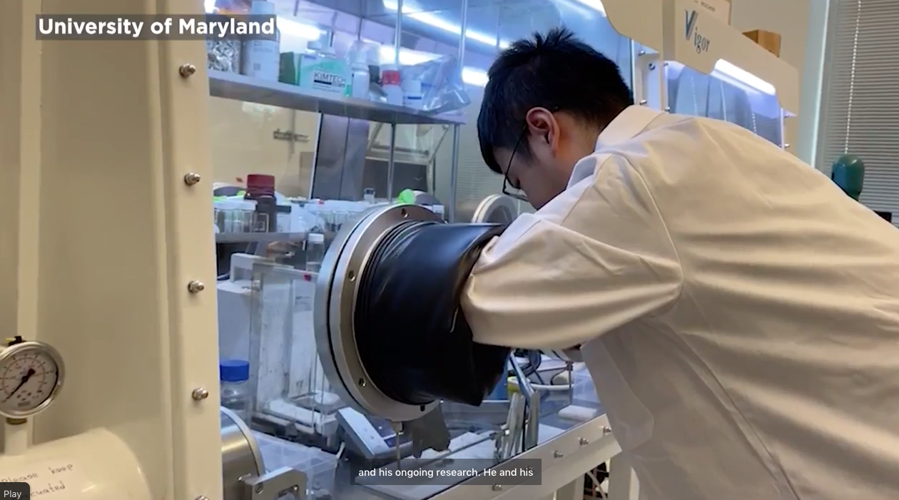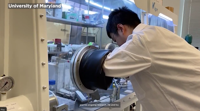MARYLAND, Md. - Scientists at the University of Maryland have discovered a new way to use crustacean shells for batteries.
When we sit down for the time honored tradition in Maryland that is a crab feast, we usually throw the shells away. It's something we don't typically think about. But researchers Dr. Lin Xu and his team of researchers have discovered a new way to use crustacean shells asa renewable energy.
Xu and his team have been exploring a substance called chitosan. It's found inside the crab shell, that can be used for a zinc-ion battery. And the great part? The battery could last longer, it's safer, and cheaper than the lithium-ion battery.
Xu explained to WBOC the lithium-ion batteries can be found in our cellphones or electric vehicles and they have a habit of catching fire. But the 'crab-shell' zinc-ion battery is not flammable.
"In the commercial lithium batteries, the actual layer is the static layer material which is a similar material like in plastic bags. So its' not biodegradable at all and it needs to use fossil fuels. But this new material is originated from nature. It's from wasted crab shells," says Xu.
Xu says they've been working on this research since 2019. So there is still plenty of research to be done at the University before these crab batteries are readily available. And the eastern shore has no shortage of research material.
Patrick Brady, owner of Assateague Crab House says they'd jump on board to save the wasted shells for research.
"The bus boys and servers clean the table we would just send it back, sort out the crab shells and of course send the rest of it away," says Brady. He added "It's pretty impressive and it's just a by product of if someone needs the crabs, this is what's thrown away so we could get the whole eastern seaboard on base with this."
And some say they'd even had this to the next conversation at the crab feast.
"I could see it. You have a nice bucket next to you and you tell everyone 'easy on the shells we're gonna save em'," says Rick Piccioulo.
Dr. Xu says in time the newly developed batteries could be used to power electric vehicles, homes, and even cities.




